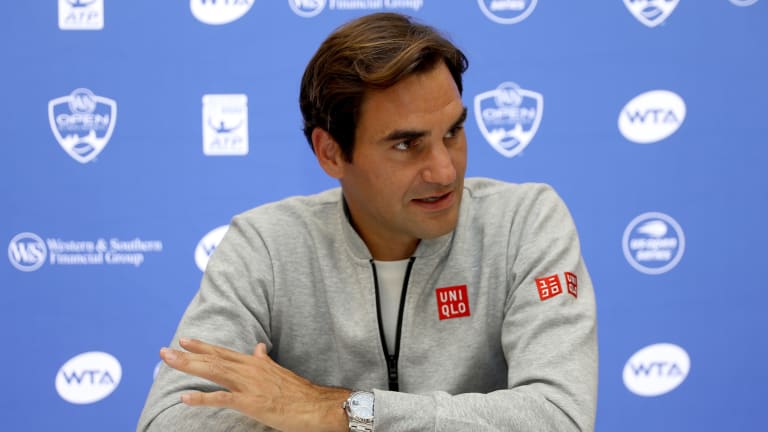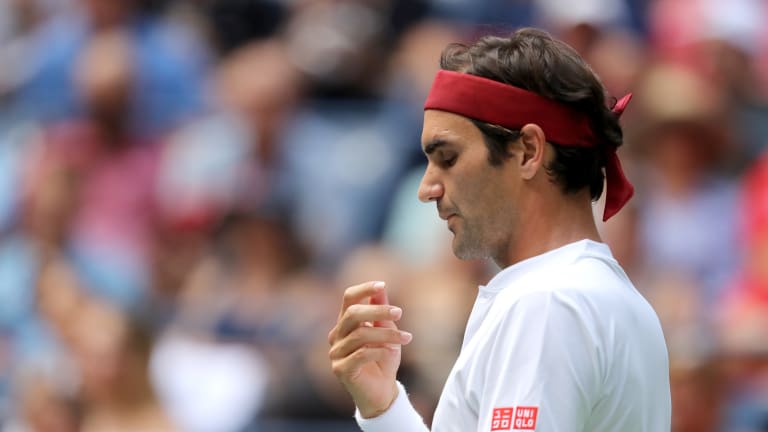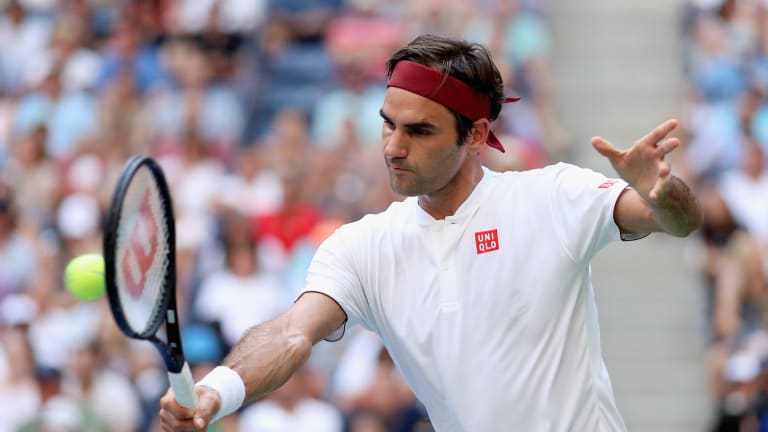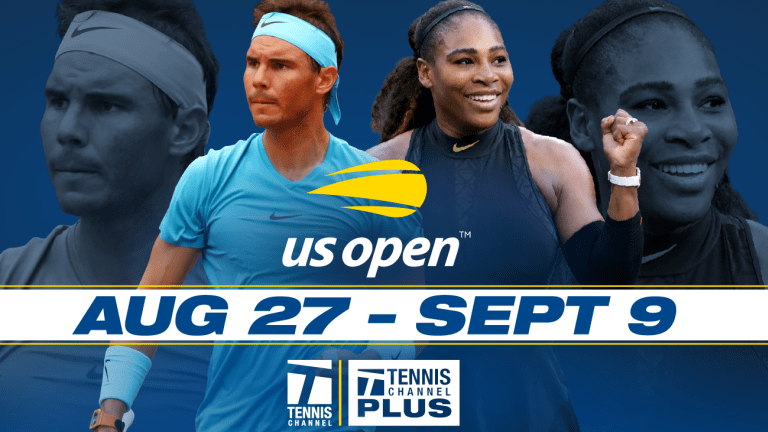Downtown Dani—Daniela Hantuchova interviews the pros on US Open Media Day, including Roger Federer
Roger Federer's pressers show why he's king both on and off the court
By Aug 30, 2018WTA Brisbane, Australia
Aryna Sabalenka returns to the Brisbane International final after beating Muchova
By Jan 10, 2026Americans in Australia
While U.S. fans have been sleeping, their tennis players have come out of the gates fast in Australia
By Jan 09, 2026United Cup
"Exciting for the fans": Iga Swiatek, Hubert Hurkacz get another shot at U.S. in United Cup semifinals
By Jan 09, 2026WTA Auckland, New Zealand
"There's still a lot of adrenaline": Elina Svitolina rallies late in third set to reach Auckland semis
By Jan 09, 2026WTA Brisbane, Australia
Aryna Sabalenka passes Madison Keys test to book Brisbane semifinal spot
By Jan 09, 2026Australian Open
Nick Kyrgios takes step back from singles at Australian Open, Stan Wawrinka gets wild card
By Jan 09, 2026Australian Open
Could you win a point against a pro? Previewing the Australian Open's innovative '1 Point Slam'
By Jan 09, 2026Social
Tennis Kenya admits to error in granting wildcard after Hajar Abdelkader performance goes viral
By Jan 08, 2026Style Points
Aryna Sabalenka’s Australian Open outfit is a stylish nod to Serena Williams and Sharapova
By Jan 08, 2026Roger Federer's pressers show why he's king both on and off the court
Published Aug 30, 2018
Advertising
Advertising

Roger Federer's pressers show why he's king both on and off the court
© 2018 Getty Images
Advertising

Roger Federer's pressers show why he's king both on and off the court
© 2018 Getty Images
Advertising

Roger Federer's pressers show why he's king both on and off the court
© 2018 Getty Images
Advertising

Roger Federer's pressers show why he's king both on and off the court